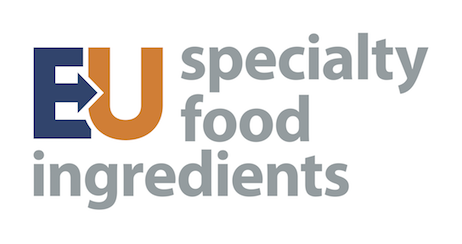EU Specialty Food Ingredients News
2019-08 FEEDING FUTURE GENERATIONS: HOW FINANCE CAN BOOST INNOVATION IN THE AGRI-FOOD

The European Investment Bank (EIB) has prepared an interesting report for the European Commission (DG Research and Innovation) “Feeding future generations: how can finance boost innovation in agri-food”, to which EU Specialty Food Ingredients has contributed through an interview from a Member of the Board and with data from our brochure “Can the EU regulatory environment help deliver food innovation?”. The main objective of this study is “to explore the financing practices of R&D and innovation in the European agri-food sector. The sector comprises agricultural production, food processing and food packaging” with a willingness “to identify areas where there is not enough financing and explore how better government policy can address these gaps. The study focused on four groups of high-impact innovations”.
10 key findings are identified, grouped under 3 headings:
- A predominantly risk-averse and cautious segment of the European economy
- Digital, data-driven solutions have strong potential for disruptive innovation in the agri-food sector
- Fragmented and complex funding landscape dominated by specialised investors and financiers.
5 recommendations are made:
- Access to finance
- Further develop and strengthen crowd-lending platforms (crowdfunding) dedicated to agri-food innovators
- Enable the issuance of mini-bonds to share risks and unlock investment in agri-food innovations
- Explore the development of risk-sharing financial instruments dedicated to digital, data-driven agri-food innovators
- Soft measures to catalyse innovation
- Empower Digital Innovation Hubs to further prioritise their support for the digitalisation of the agri-food value chain
- More field labs to increase the scale-up of new technologies and innovations.
The specificity of the food ingredient sector is addressed throughout the report, acknowledging amongst others that “launching new (innovative) ingredients, molecules or food products takes significantly longer than reformulating existing ones, with regulation compliance part of the equation. The payback times of costs in both cases are similar (3-5 years), so the investment breakeven point of innovative new products is considerably longer” and that “development of new food ingredients or functional food is similar to pharmaceutical development (high CAPEX; time to market of up to ten years; investment paybacks after 15 years). Pharmaceutical businesses have high R&D expenses, but typically achieve high prices with their products, which are protected by patents.”
News
Press Room
If you're a journalist or PR person, we have complete information packs on various subjects.

